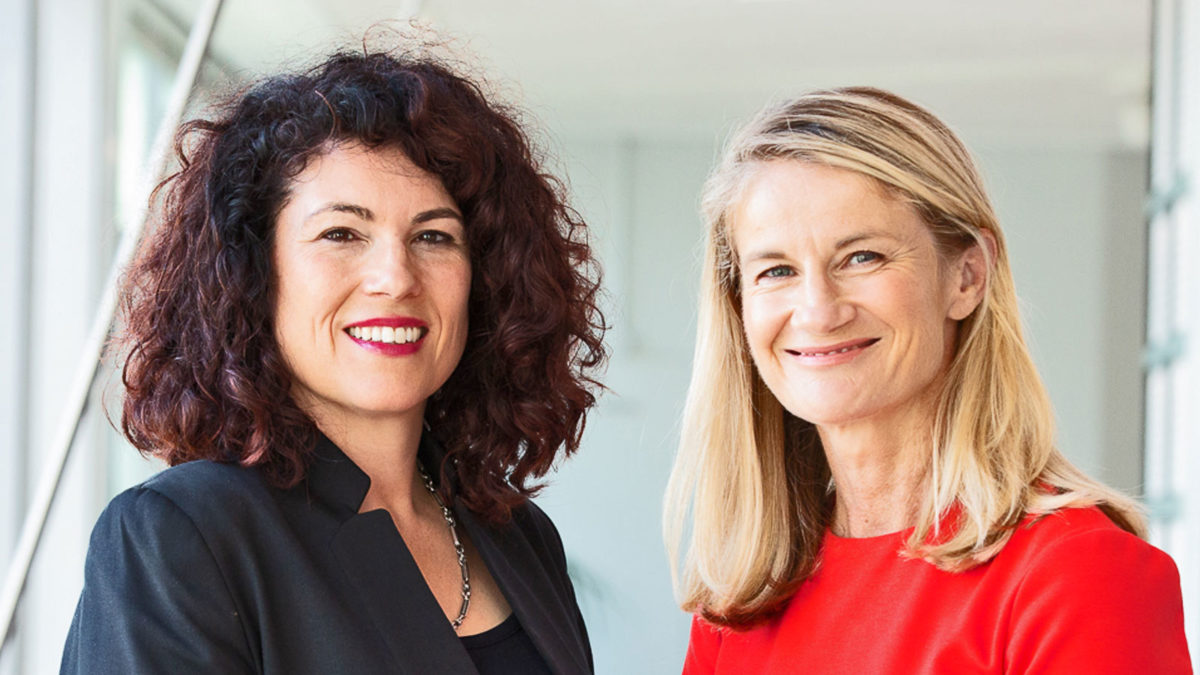Aware Super gets political on climate and growth
It’s not only the traditional core of Melbourne-based industry funds that can get political in the battle against climate change and growth. Aware Super, with a foundation membership of NSW public sector employees, has entered the fray.
The fund commissioned and published Friday (May 7) a 65-page report written by social researcher Rebecca Huntley entitled ‘Building Back Better: the intersection of climate solutions, healthy people and thriving communities’. The report highlights the cost of Australia’s inaction on climate change and calls for the Federal Government to add substance to rhetoric by committing to net zero by 2050.
Deanne Stewart, Aware Super’s chief executive, said that Australia’s post-pandemic recovery was “our chance to tackle, head on, the most significant challenges on our horizon and build back better as a nation”.
She said in a statement distributed with the report: “Our work with Dr Huntley highlights the opportunity that climate solutions offer for our nation in fostering employment, driving new prosperous industries, and delivering cleaner, cheaper energy that will directly and positively impact Australians’ hip pockets.
“Importantly, ‘Building Back Better’ also illustrates the critical link between climate change, our health and our communities. This must be factored into how we understand the impact of climate change on communities right across Australia.”
The report’s findings hit on several political raw nerves which are likely to flare up further ahead of the next Federal election, due next year. It also manages to contrast the positive actions by states, especially NSW and Victoria, through climate change initiatives, against the Federal Government’s lack of commitment to a net zero carbon target by 2050.
In what it terms a ‘case study’, for instance, the report says the NSW Government has committed, in a year of pandemic, to spending up to $1.7 billion to support the transition to renewable energy. And it says Victoria will spend $540 million to create six ‘renewable energy zones’ with a total commitment of up to $1.6 billion.
On what are likely to be the main themes for the next election, the report highlights the evidence that:
- Australians cite cost of living, health, the economy, job stability and creation, climate change and the environment, as the top five concerns in the emergence from covid-19 (source: IPSOS survey of Australians over 18, January 2021)
- Strengthening Australia’s climate targets and policies to net zero by 2050 would result in $63 billion in new investment opportunities in the next five years (Investor Group on Climate Change)
- Focusing national policy change on renewable energy could reduce the average annual electricity bill for households by at least $550 a year (Energy Security Council), and
- Inaction on climate change could cost Australia 310,000 jobs annually by 2050 (Deloitte, ‘A new choice: Australia’s climate for growth’).
Stewart said: “Before covid-19 our economy was stagnant, our labour force was casualising in the gig economy and inflation was stubbornly stalled below the Reserve Bank’s target range. At the same time the cost of living for Australians continued to swell, driven by factors such as energy prices and the housing market. We don’t want to return to that – we need to reshape the Australian dream.”
Aware Super, formerly known as First State Super, which was established in 1992 by the NSW Government as the default defined contribution fund for NSW public servants, has grown sharply through mergers as well as organic means in the past several years, broadening its membership base. Merger partners have included Health Super, Vic Super and WA Super. It is a public offer fund managing about $140 billion for more than one million members.
Rebecca Huntley is a former director of the long-running ‘Mind and Mood Report’ on social trends who is dedicated to researching attitudes to climate change. She works with business, local government, media agencies, NGOs, think tanks and industry groups to advocate for climate solutions.












